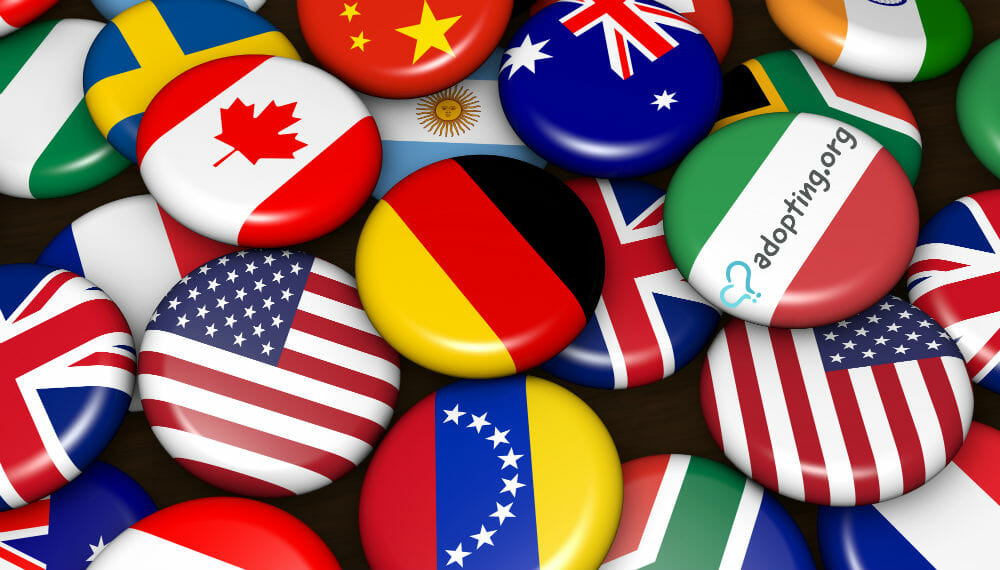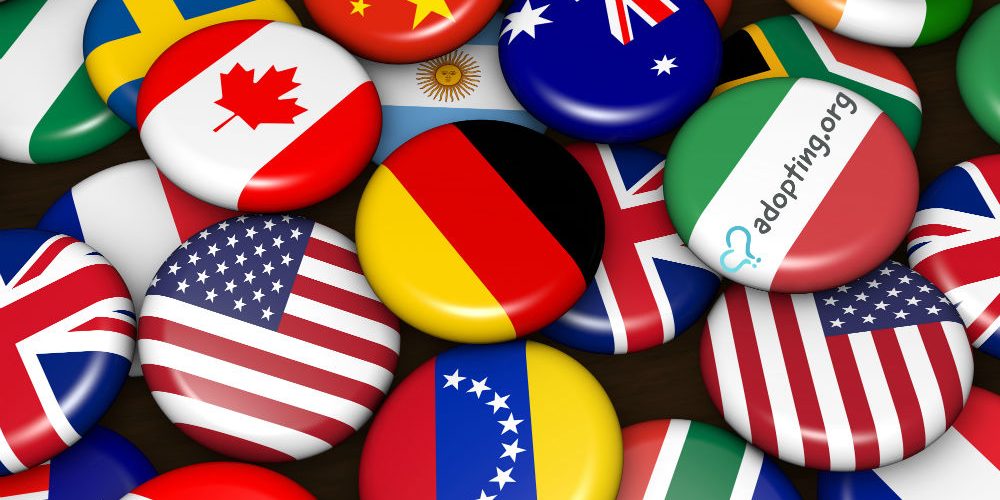
International adoption is an exciting adoption process filled with many unknowns. While the excitement of international adoption can be fun, it can also keep you on your toes. The process can often be longer and costlier than most types of adoption. However, for those who have their heart set on adopting internationally, it has been successful countless times. The key to the best international adoption experience will be hiring an experienced adoption agency or adoption attorney. They will guide you in your international adoption journey and ensure that you stay informed throughout the whole process.
The history of international adoption has been littered with changes and scandal. However, it remains an incredibly important type of adoption as there are many children in need, and every child deserves a forever family. International adoption met its beginning around the 1950s. It was then that Bertha and Harry Holt formed Holt International to allow adopting from other countries such as South Korea. Since then, adoption has grown exponentially up until recent years, as adoption laws have changed and become more regulated. In 2018, only 4,200 international adoptions took place in the U.S., a drastic 81% decline from the 22,989 adopted internationally to the U.S in 2004. The Office of Children’s Issues (OCI) is largely to blame for this decline.
The OCI is in place to work with international adoption professionals to ensure that adoptions are carried out both efficiently and ethically. However, within recent years, when attempts at changing international adoption regulations failed, the OCI has come after adoption professionals by defining their current regulations in new and reinterpreted ways that are causing some international adoption providers to suddenly become ineligible. These new interpretations are causing many adoption professionals to become financially ruined by trying to meet these new rules, some even having to close. All of these factors are contributing to the decline in international adoption and as a whole, to become a crisis within the United States. If the State Department continues this attack on international adoption, it is suspected that international adoption will completely stall by 2022.
Before adopting internationally, there are more factors than the budget to consider. The chances are that your child will not be an infant by the time the process finalizes. The adoption process can be incredibly lengthy and may even include multiple trips to your child’s home country. International adoption policies are constantly changing, even stalling some adoptions. It is vital to stay up to date on any adoption alerts in the country from which you are adopting. Most likely, your adoption agency will keep you up to date on this information; however, it is always good to do your own homework.
In some countries, infants are abandoned or placed into care due to having medical or special needs. There are also special needs that you may not be made privy to and only discover once you have brought your child home. Not being in the host country and not being able to thoroughly review the host agency, it may often be difficult to gauge what truths you are receiving. This is why it is even more important to work with an adoption agency with a great track record. It is even better if the adoption agency has worked with the same child placing agency in the host country previously and knows their legitimacy. [dfp_ads id=47]
There are steps you to attempt to gain knowledge of the child with whom you are matched. Beyond working with an adoption agency with a great track record, ask to have the child’s file so that it may be reviewed by an international adoption doctor before placement. Since the chance of adopting a child with special needs internationally is high, it is vital to understand the conditions the child may have and sort through the medical jargon in their file. It is easy to know what a child might be labeled with medically and search that information on the internet; however, a doctor specializing in international adoption may be able to give you a better idea on what you would be coping with long term. It is important to be prepared to provide the child with the best care possible as well as know how to do that before bringing the child home.
With international adoption, you will usually finalize the adoption in the host country where the child currently resides. Once you travel home with your child, the child is legally and forever yours. The adoption professionals handling your international adoption will coordinate with the placing agency in the host country to finalize the adoption and get all the necessary documentation for your child to travel home with you. This process can be quite lengthy and have varying time-consuming experiences along the way. For this reason, it is wise to travel overseas without a very firm timeline on when you will be able to return home. While estimations can be given regarding this timeline, time will be needed so that all of the legal processes can be finalized for your child to enter the United States with you.
Once in the United States, your adoption professionals will hopefully provide you with ongoing support to help you transition home with your child. Your child is not only entering a new family but a completely new culture. Allow the transition for some time, and seek out resources and support for your child. Providing your child cultural and racial mirrors within the community can make all of the difference. If possible, try to connect with other families who have adopted from the same country. Your adoption agency or adoption attorney likely has resources and connections that they can provide to help you achieve those connections. Honoring your child’s culture and helping them to preserve it as much as possible can be incredibly helpful in the long-term.
Do you feel there is a hole in your heart that can only be filled by a child? We’ve helped complete 32,000+ adoptions. We would love to help you through your adoption journey. Visit Adoption.org or call 1-800-ADOPT-98.




